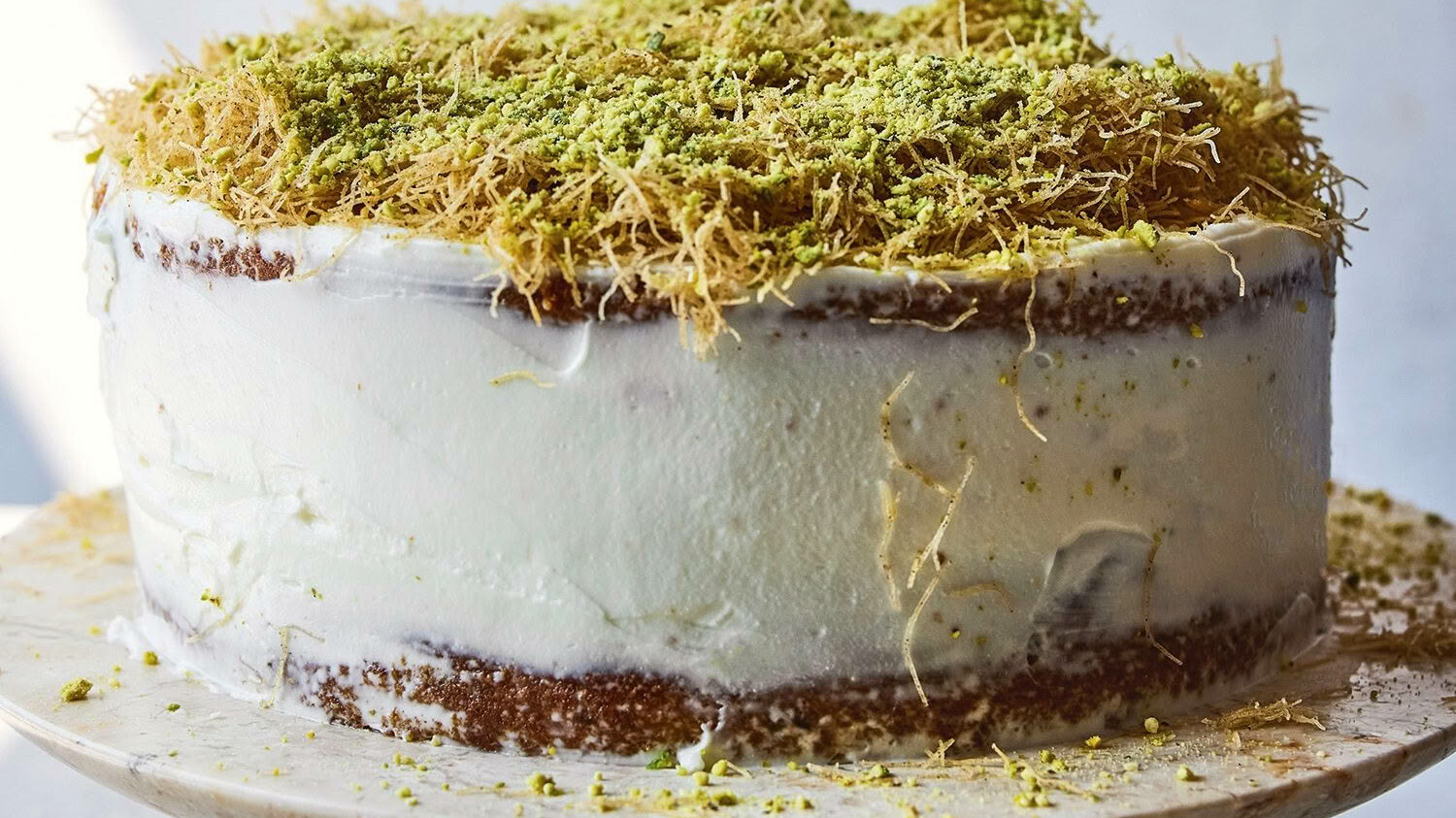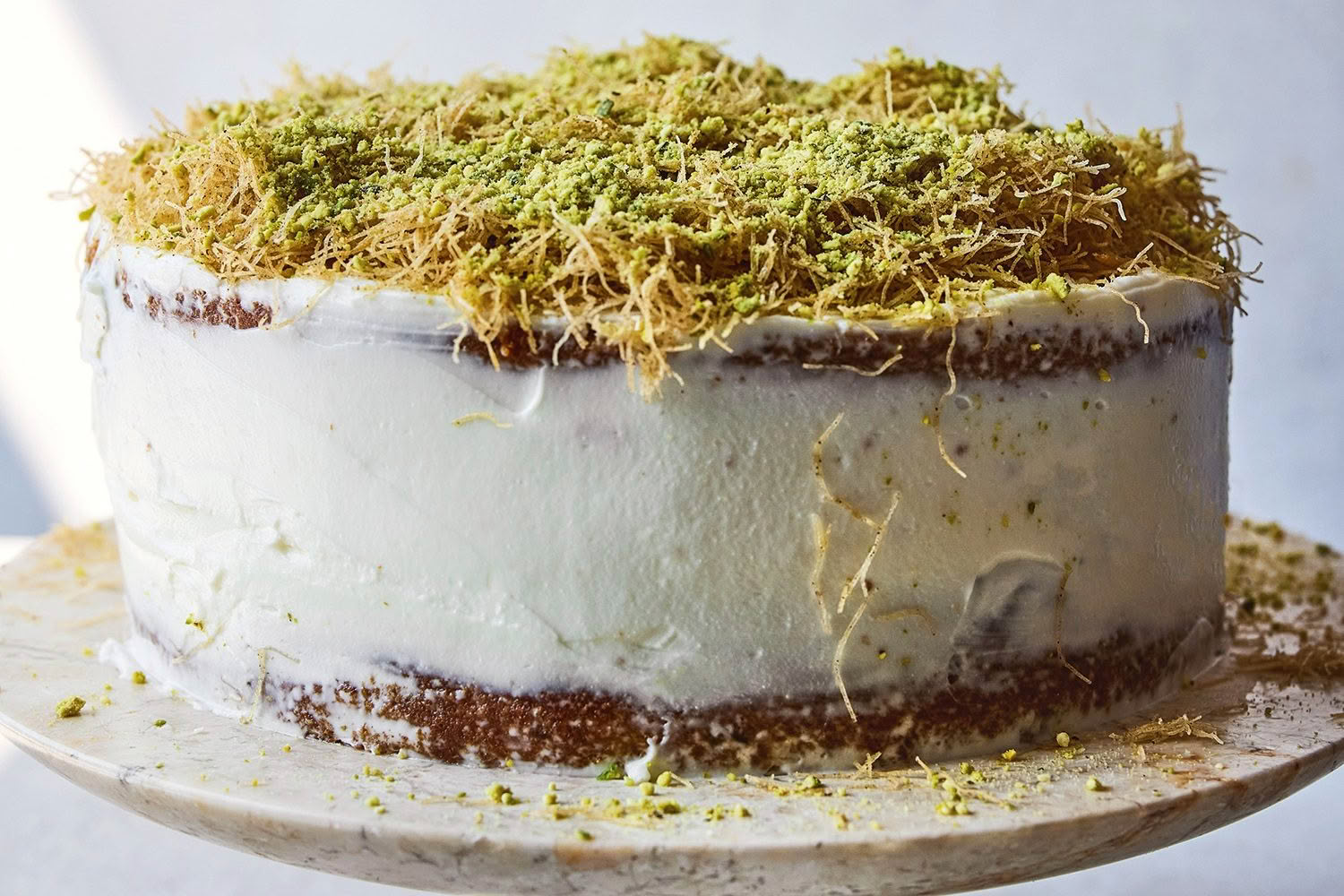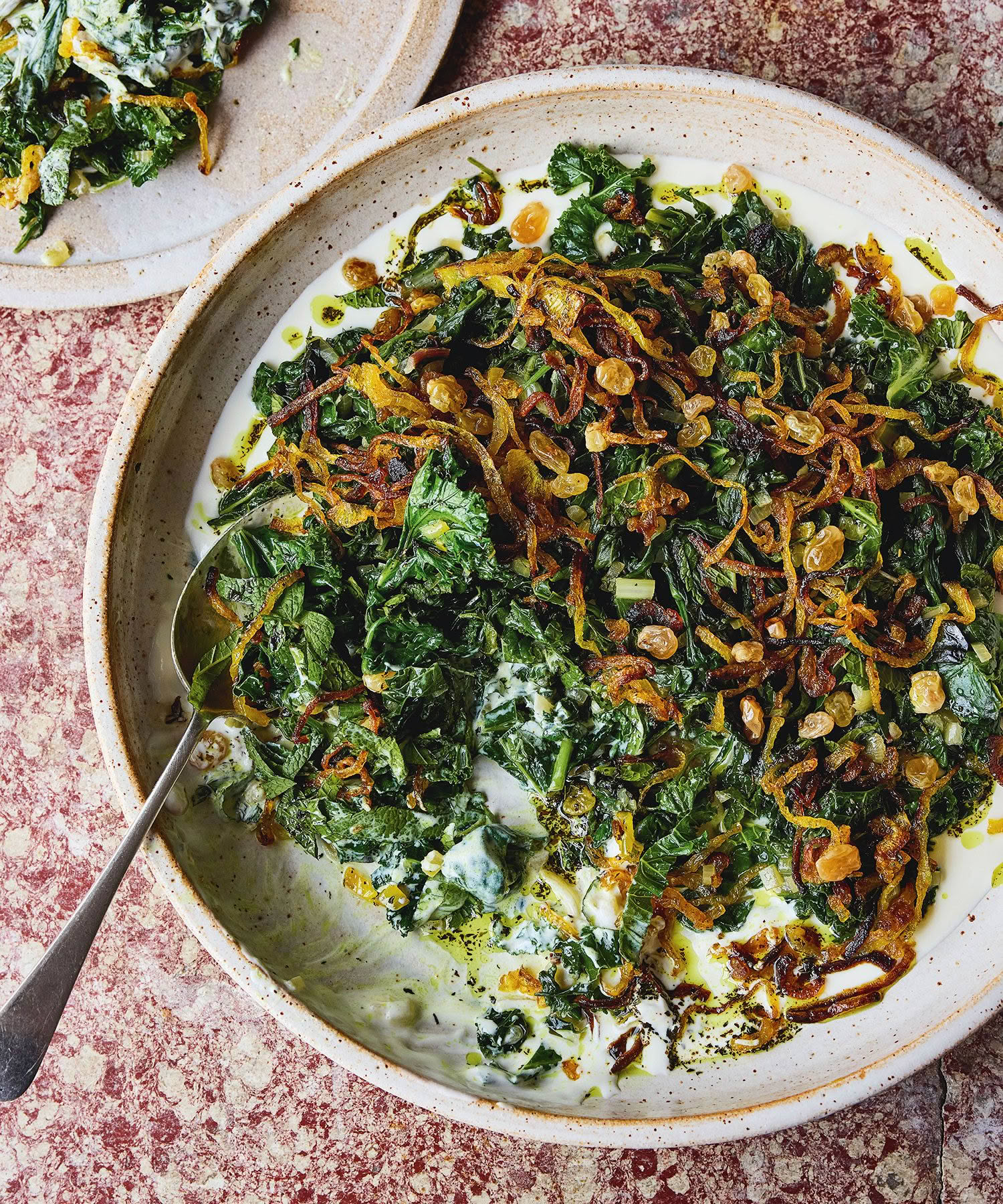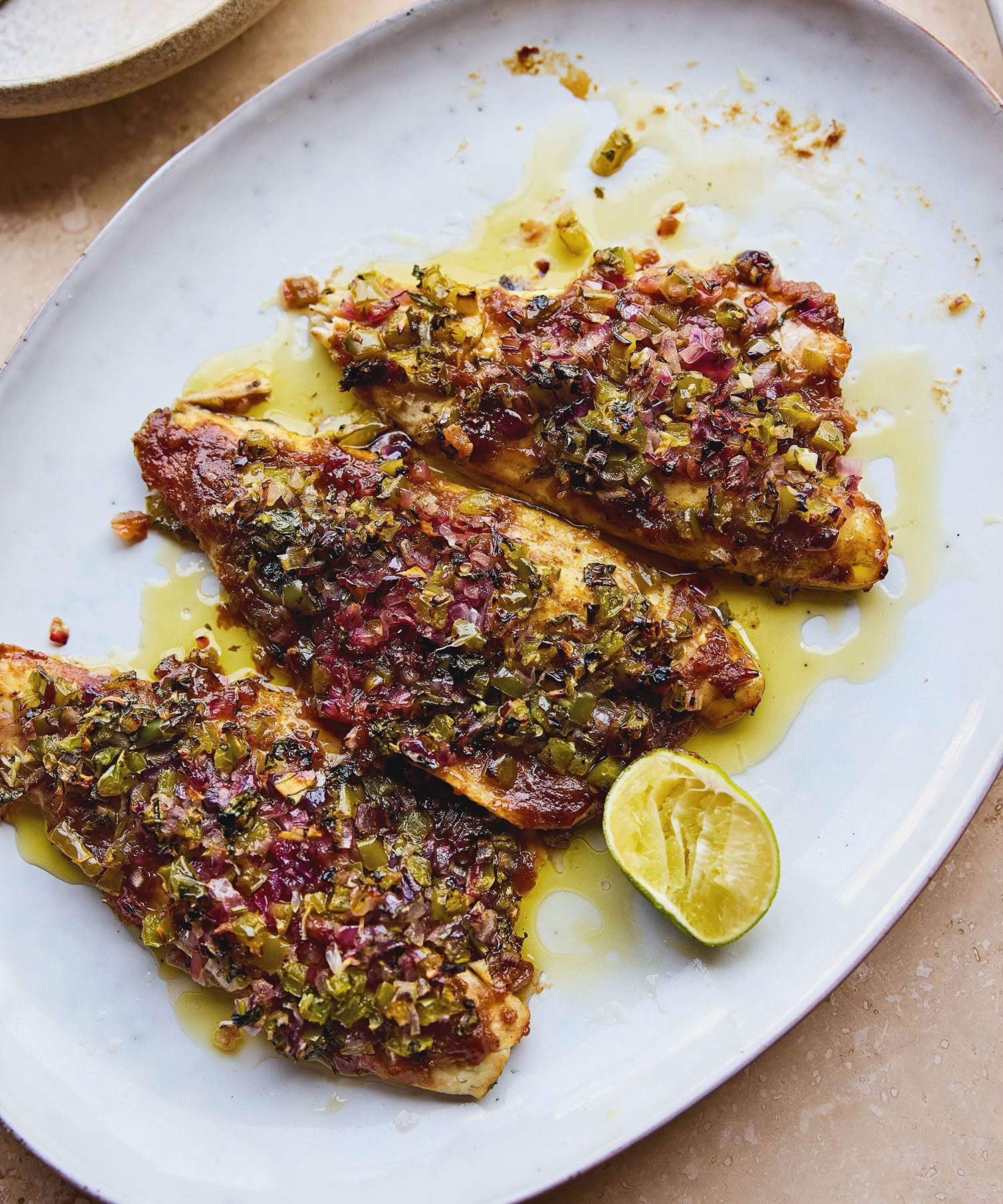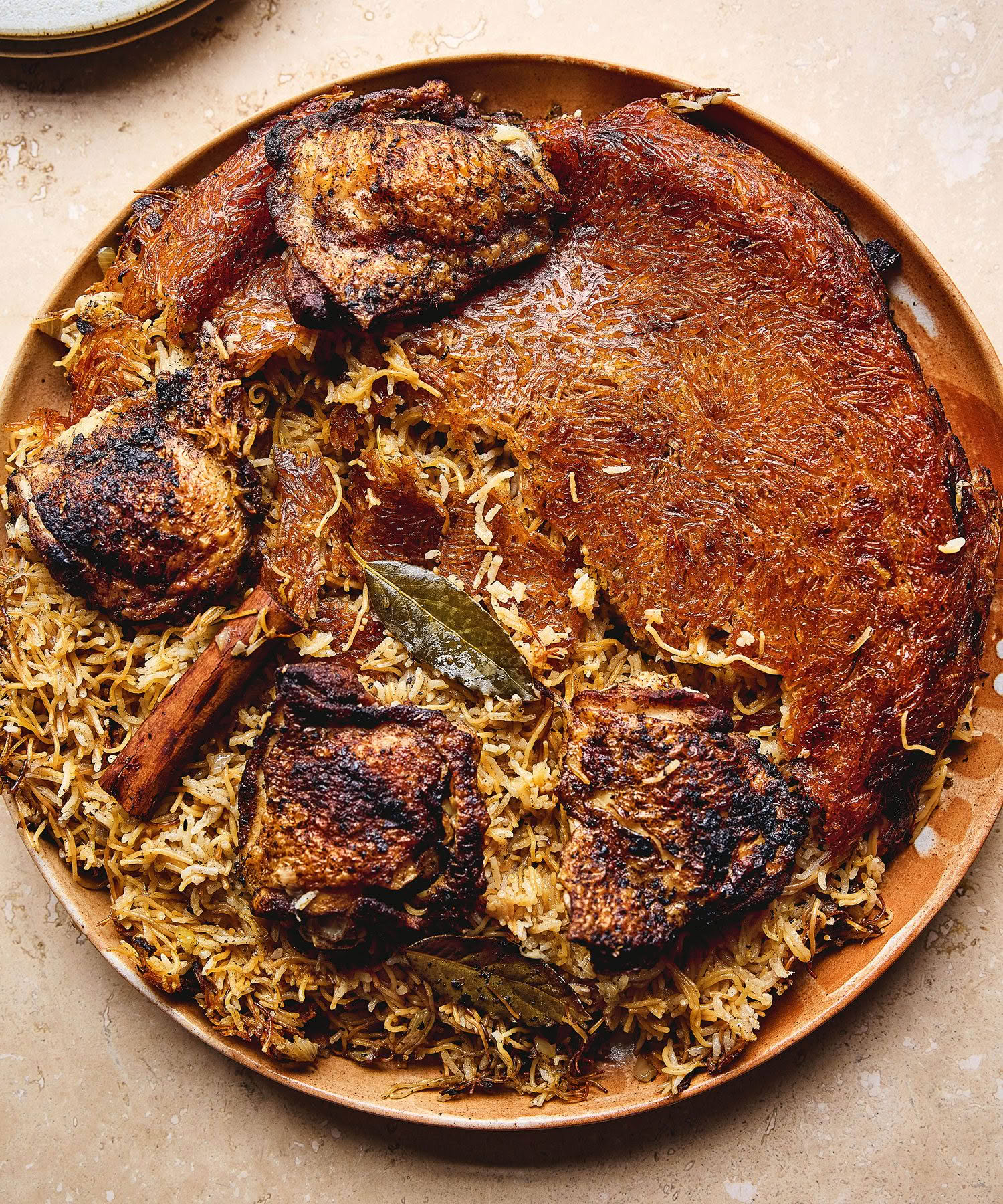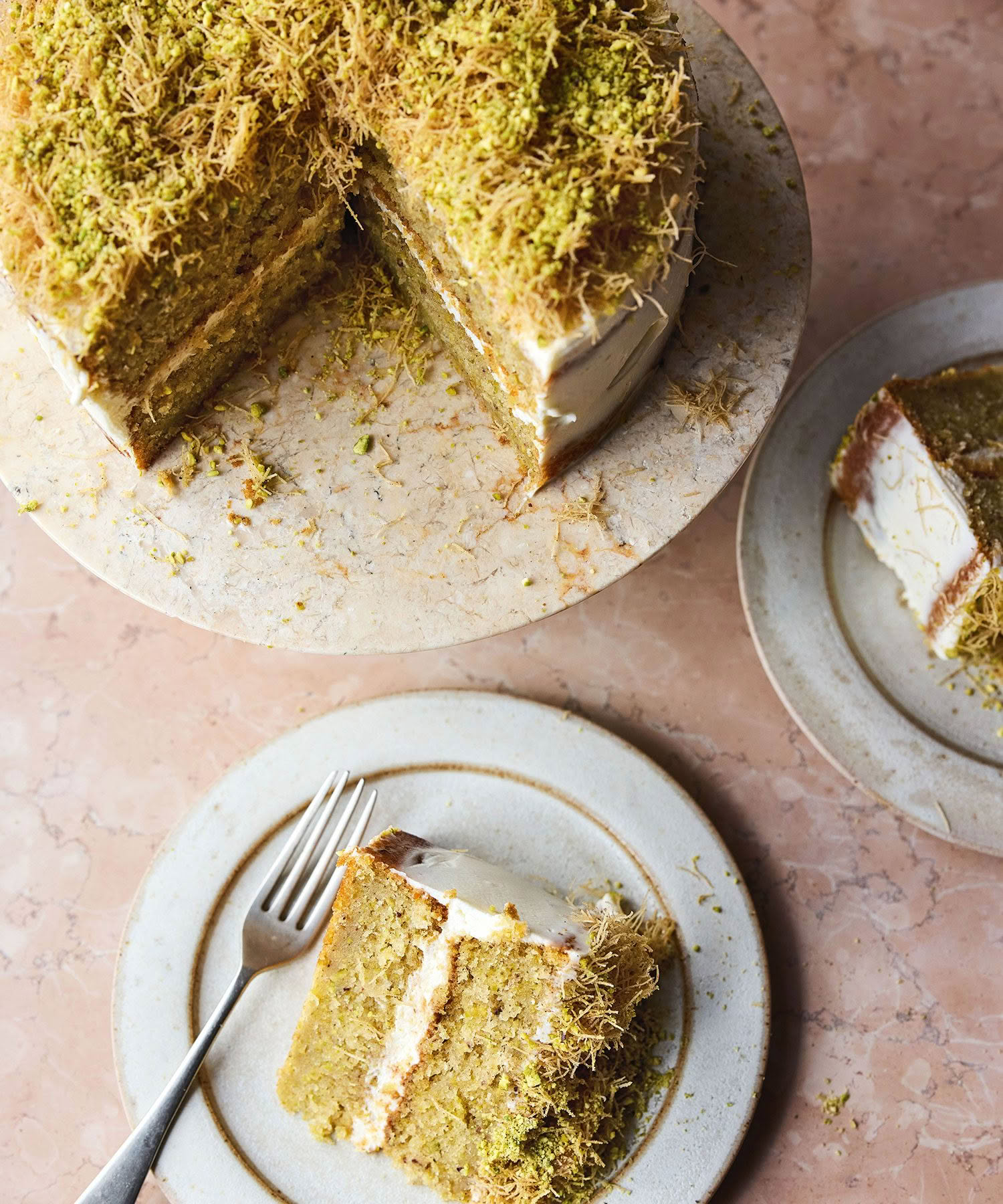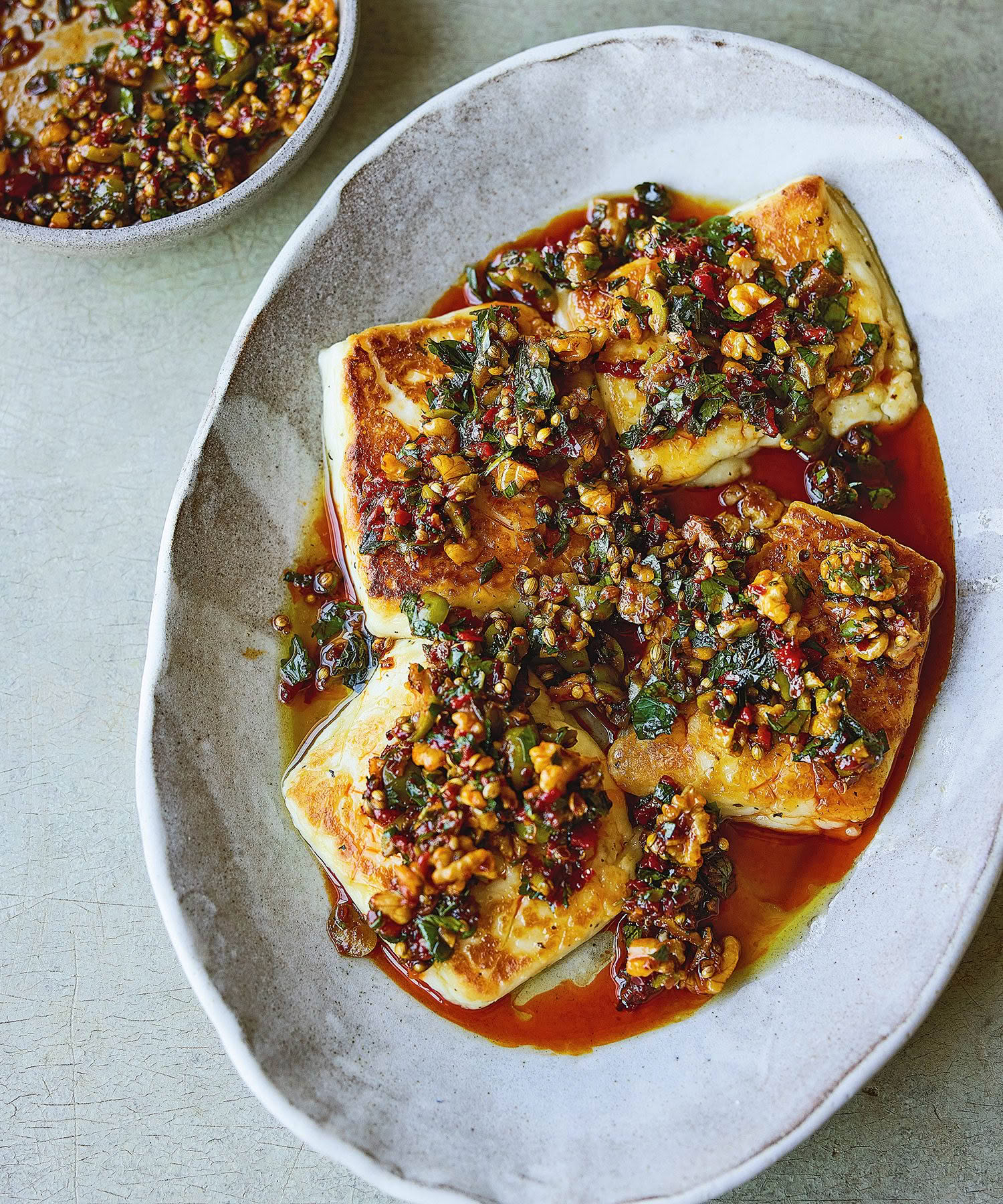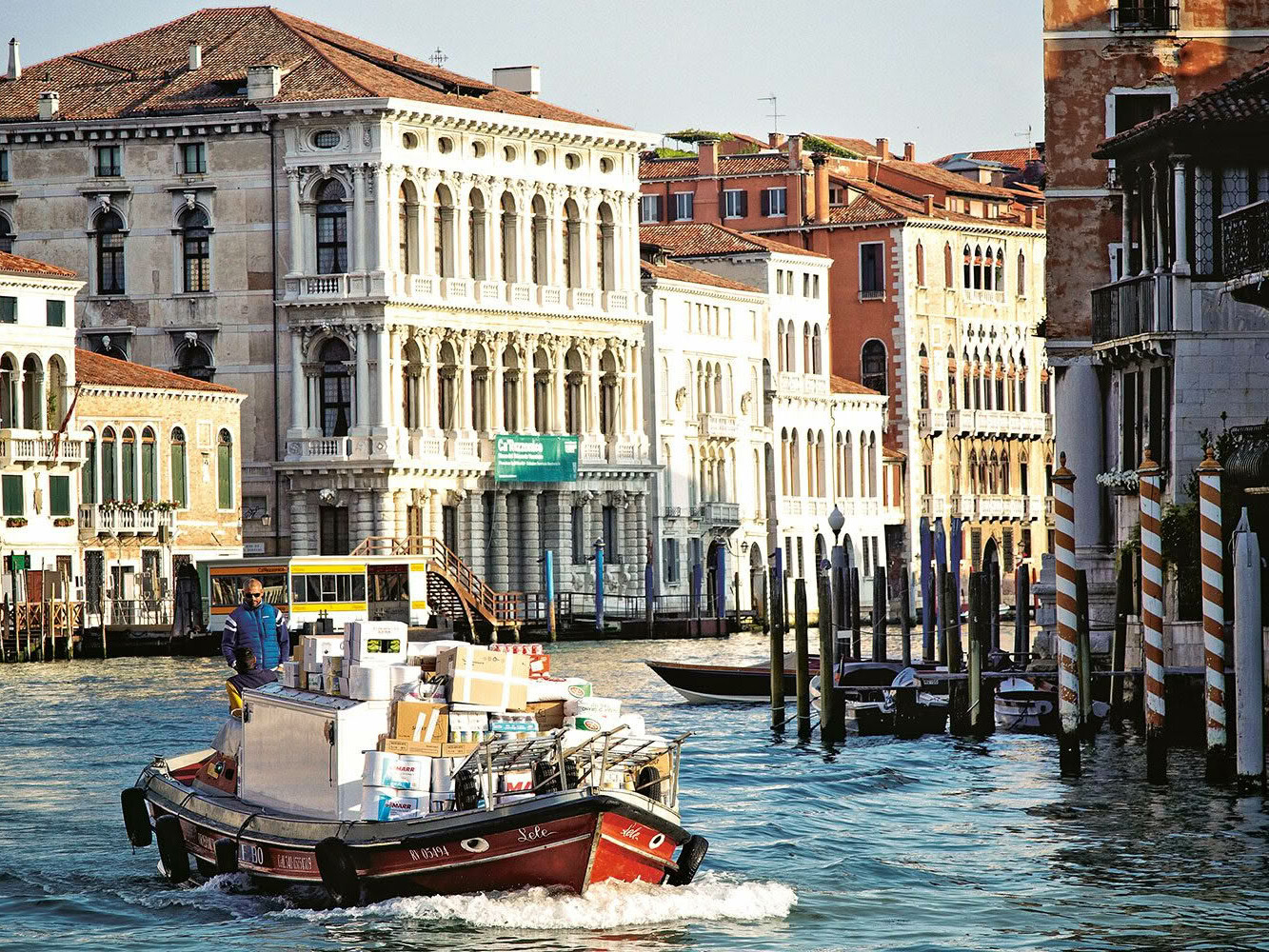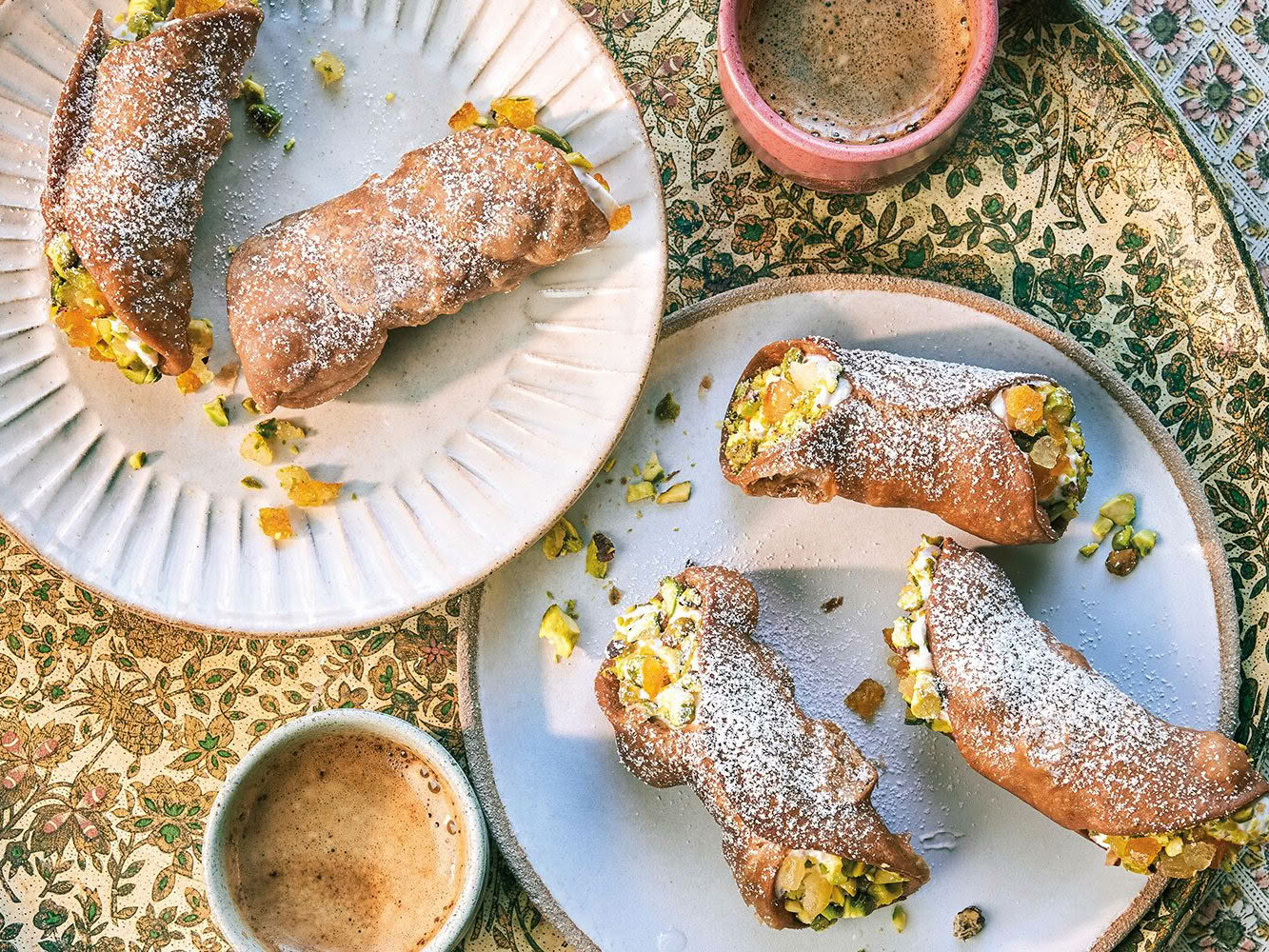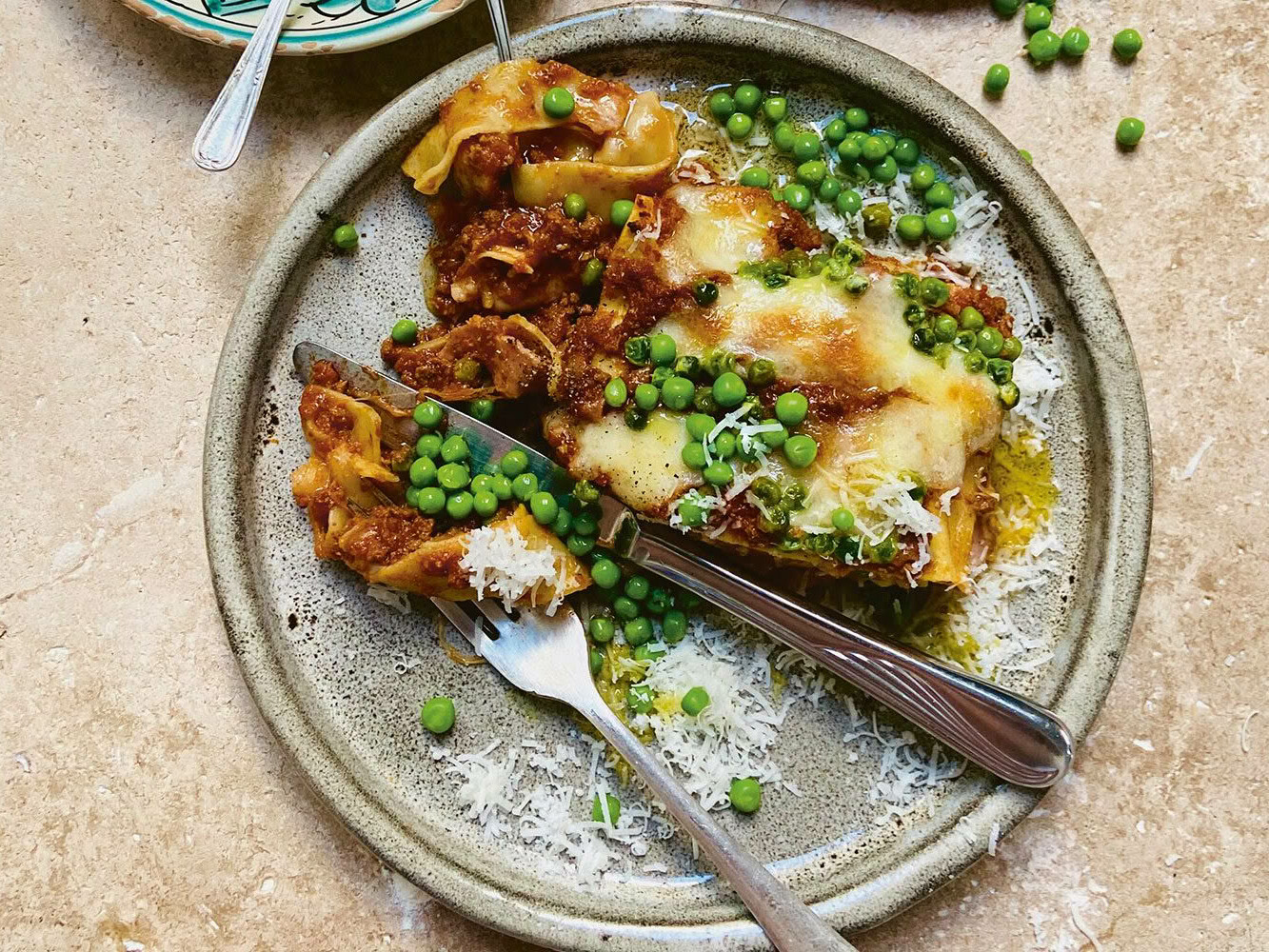I’ve always believed that the Middle East should be its own continent. Each country has its unique personality, its own cultural nuances, traditions, dialect and cuisine. It’s impossible to paint the whole region with one brush when its history is so rich, its stories so colourful, its offerings so vast and generous. I tend to stick to the battles I’m best equipped to fight, however, which – to no surprise – are food-centred.
Looking back I suppose this is what fuelled my curiosity. Many Middle Eastern cookbooks back then, and to this day, were centred around the foods of the Levant, which are delicious but also very different. The only way to learn about Gulf food was to eat at other people’s houses, learn how so-and-so makes it, which is different from how someone else from another home would make it. It’s a battle of the households, a well-kept secret of the families, a word-of-mouth cuisine that is passed over from one generation to the next. It’s a measurement of the eye, a seasoning of the tongue, a technique of practise and instinct. Growing up, I felt I was severely lacking in this department, but islanders are very generous (and super-keen) when it comes to feeding others. As I asked around, visited, tasted and conversed, I jotted down all the tales and stories, all the memories and experiences, all the spices and know-how I needed to put these recipes into print.
Lugma is an ode to the food of my childhood, a mash-up of food from Bahrain and the surrounding countries, with a slightly Westernised take, thanks to my English roots. On the food front, Bahrain is unique in that it pulls on different cultural influences: on the abundance of herbs, dried limes and sour flavours from Iran; on the liberal spice and chilli heat from India; on the elaborate rice dishes which the region is so famous for; and on the foods of the Levant that the world is more familiar with. There are therefore lots of recipes that call for cardamom, dates, rice, lamb and legumes. Alongside are plenty of vegetarian dishes, which I feel aren’t included enough in the regional diet as, being an arid desert, historically the options were limited. Dotted throughout all of this are stories: some of them my own and some of women you may never know but may relate to regardless. These are all women who call Bahrain home, despite hailing from different parts of the world. Their voices are a melting pot of nostalgia, emotion, memory and all the warming foods that they have become attached to.

